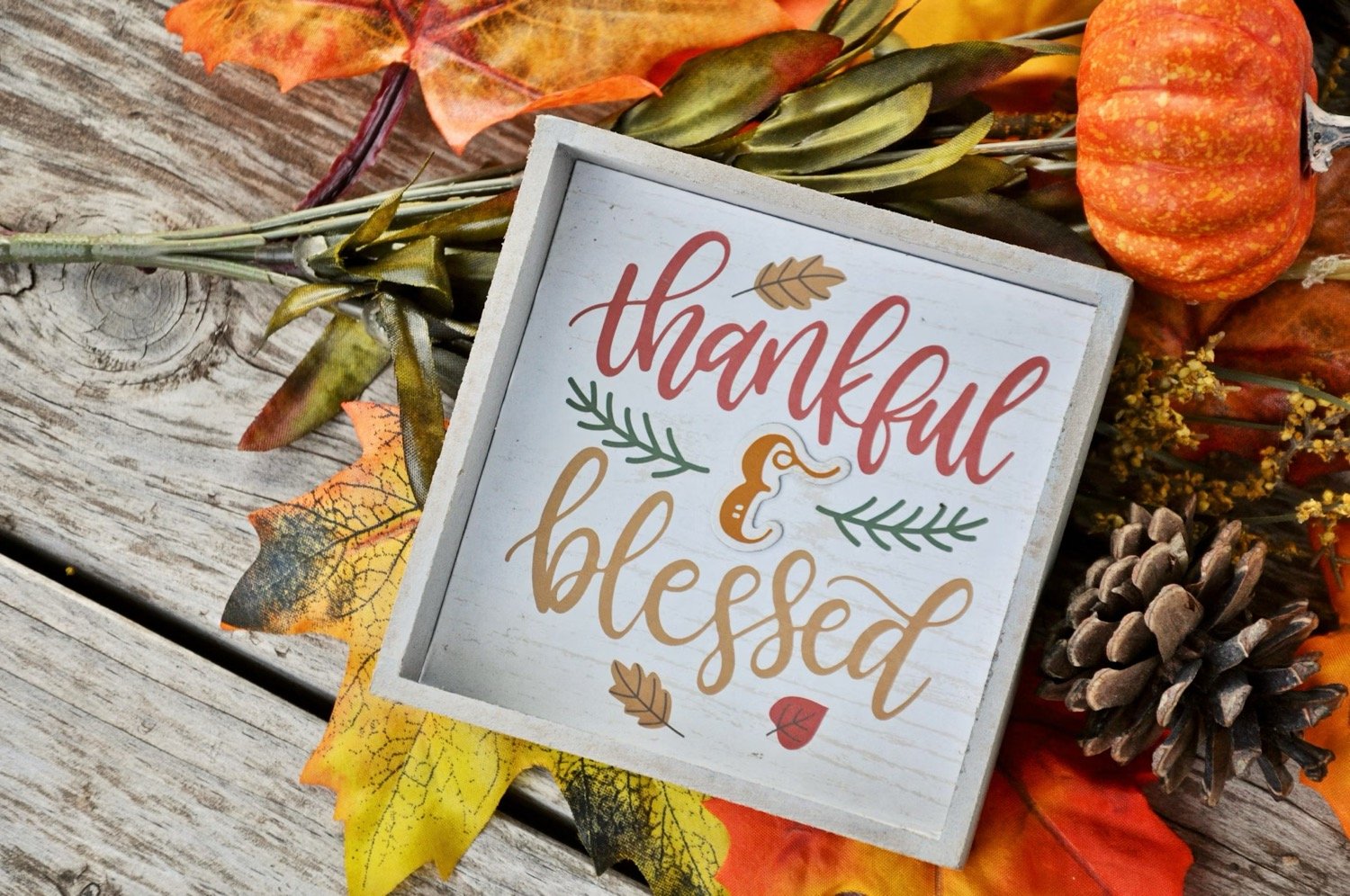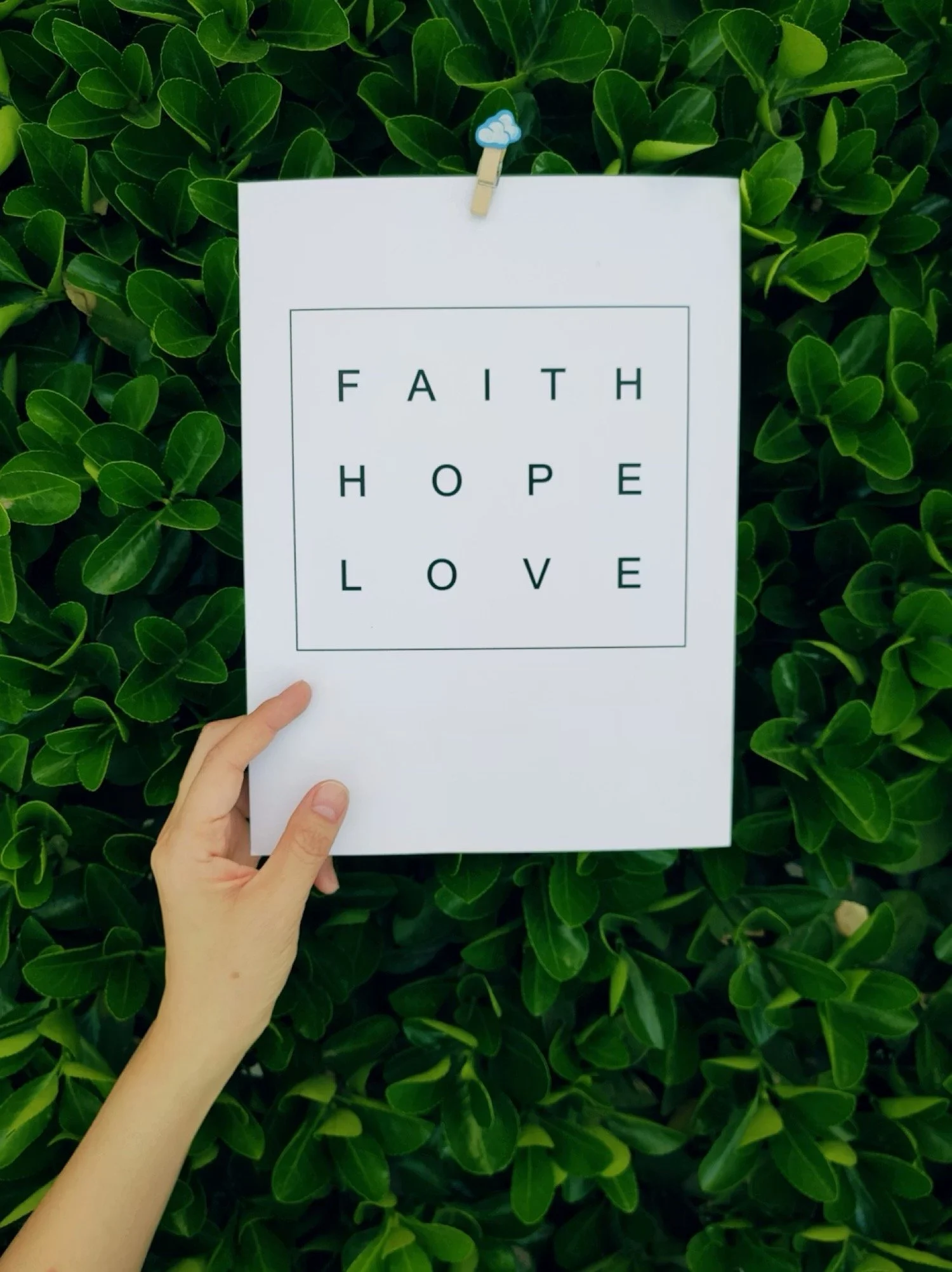Readings for today: Genesis 8-9, Psalm 12
Father, through Your Holy Spirit, reveal Yourself to me in the reading of Your Word. Show me Your heart. Show me Your character. Show me Your face that I may know you more.
It’s striking to me how similar the language of Genesis 9 is to the language of Genesis 1 and yet it’s not exactly the same. I find myself pondering why that might be this morning. Take a moment and reflect on these passages again…
“And God blessed them. And God said to them, “Be fruitful and multiply and fill the earth and subdue it, and have dominion over the fish of the sea and over the birds of the heavens and over every living thing that moves on the earth.” And God said, “Behold, I have given you every plant yielding seed that is on the face of all the earth, and every tree with seed in its fruit. You shall have them for food. And to every beast of the earth and to every bird of the heavens and to everything that creeps on the earth, everything that has the breath of life, I have given every green plant for food.” And it was so. And God saw everything that he had made, and behold, it was very good. And there was evening and there was morning, the sixth day.” (Genesis 1:27-31)
“And God blessed Noah and his sons and said to them, “Be fruitful and multiply and fill the earth. The fear of you and the dread of you shall be upon every beast of the earth and upon every bird of the heavens, upon everything that creeps on the ground and all the fish of the sea. Into your hand they are delivered. Every moving thing that lives shall be food for you. And as I gave you the green plants, I give you everything. But you shall not eat flesh with its life, that is, its blood. And for your lifeblood I will require a reckoning: from every beast I will require it and from man. From his fellow man I will require a reckoning for the life of man. “Whoever sheds the blood of man, by man shall his blood be shed, for God made man in his own image. And you, be fruitful and multiply, increase greatly on the earth and multiply in it.” (Genesis 9:1-7)
I imagine what I am seeing is the impact of the Fall. God is the same yesterday, today, and forever but His creation has suffered a mortal blow. The creature He made in His image – humanity – refuses to submit to His will, rejects the relationship God offers, and goes her own way. The results speak for themselves - “the imagination of man's heart is evil from his youth…” (Genesis 8:21) How does this evil manifest itself? Violence. Fear. Dread. These things were not present initially when God entrusted creation into our hands. In the beginning, humanity lived in harmony with all God had made. Yes, they were called to “subdue the earth” and “have dominion” but one doesn’t get the sense that it was coercive or forced. God renews His call to Noah after the flood but the differences are stark. The creation mandate remains – “Be fruitful, multiply, and replenish the earth” but then the reality of the brokenness of sin settles in. Noah and his family will subdue the earth and exercise dominion but it will be through fear and dread. The animals of the earth, the birds of the air, and the fish of the sea will all run from them. They will resist even as they are given into their hands. The reality of violence is acknowledged as is the first mention of the principle of lex talionis or proportional justice. God seeking to restrain the violent impulses that drove humanity pre-flood into chaos. The flood was an act of re-creation. God turning loose the waters that existed at the beginning of time to reshape all He had originally made. The Garden is gone. Paradise is lost. The world is now a hostile, violent, dangerous place full of fear and dread. Noah and his family will have to fight to survive.
So little has changed in the thousands of years since Noah first stepped off the ark. The world is still full of violence and fear and dread. It is full of hate and rage and greed. Humanity has made incredible progress technologically but has remained morally deficient. Human history provides plenty of empirical evidence for the doctrine of original sin and total depravity. Shoot, my own life provides the same! We just don’t want to submit. We refuse to humble ourselves before God. We will not relinquish our selfish hold on this world. Thankfully, God has not left us in our broken condition. He will not leave us in our fallen estate. I love how the Apostle Paul puts it in Ephesians 2, “But now in Christ Jesus you who once were far off have been brought near by the blood of Christ. For He Himself is our peace, who has made us both one and has broken down in His flesh the dividing wall of hostility…and might reconcile us both to God in one body through the cross, thereby killing the hostility.” (Ephesians 2:13-14, 16) Jesus Christ left His home in heaven to come to the “far country” of this world to reclaim those who were lost. His desire was to draw us close. Draw us into His loving embrace. He is so faithful, He will pursue every human being. He will chase down every lost soul. He will leave no one behind. How did humanity respond? The way we always do. We rejected Christ. We killed the Lord of glory rather than submit to His embrace. Jesus became a victim of violence. A victim of humanity’s fear and dread. A victim of humanity’s hostility to the will of God. And yet through His death, God brought an end to sin. He broke the power of death. He set us free from bondage to evil. He made a way back to Him.
Readings for tomorrow: Genesis 10-11




